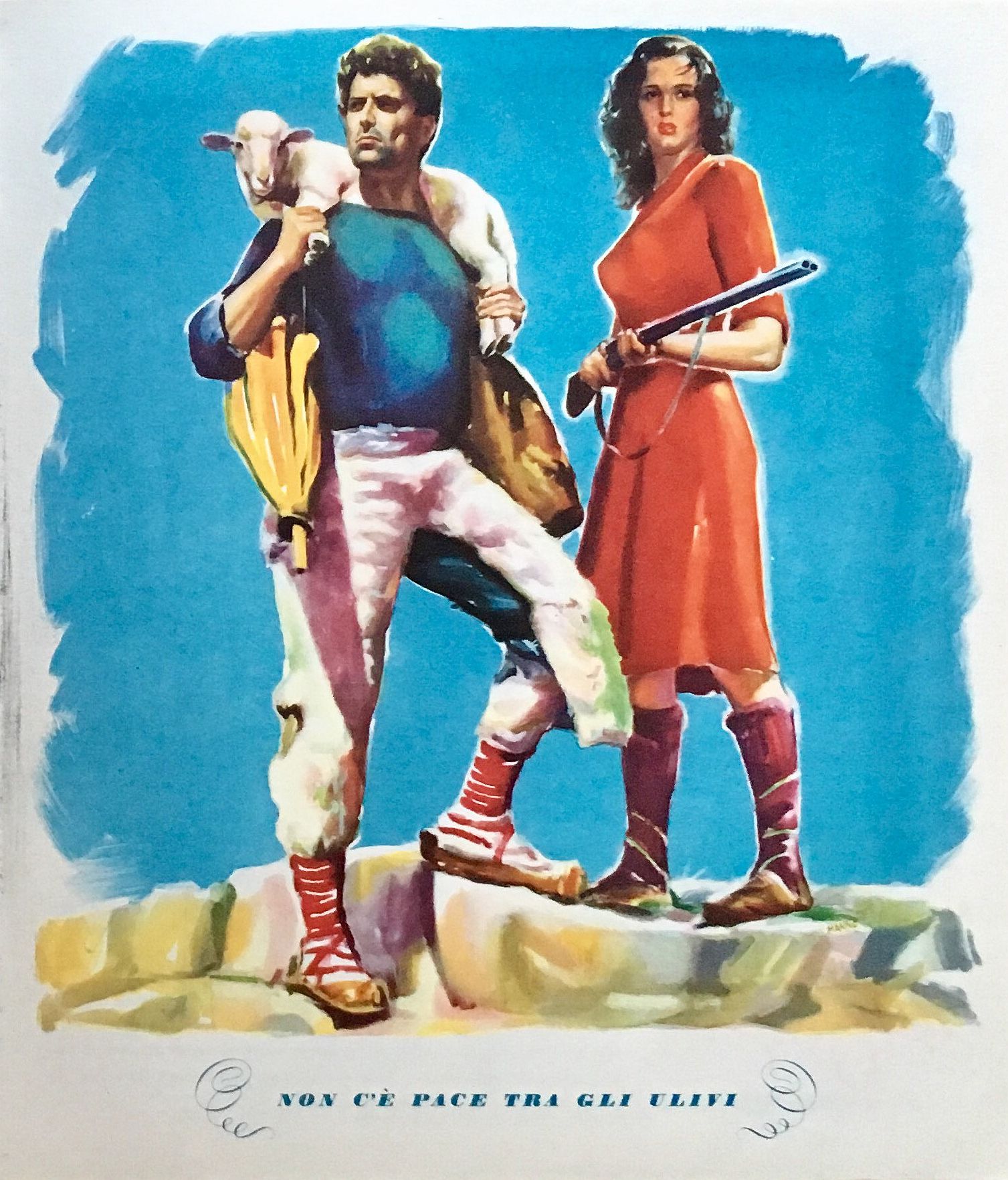In the ever-evolving landscape of cinema and visual storytelling, the term "luxmovies art" has emerged as a captivating concept that blends high-end filmmaking with creative artistry. This fusion of luxury and artistic expression has transformed the way we perceive movies, allowing audiences to appreciate the intricate details and aesthetics that go into the filmmaking process. As we delve deeper into the realm of luxmovies art, we find ourselves captivated by the lavish visuals, compelling narratives, and the sheer dedication of the artists behind the scenes.
The world of luxmovies art challenges traditional norms and pushes boundaries, inviting filmmakers, artists, and audiences alike to explore the intersection of cinema and high art. This innovative approach not only enhances the viewing experience but also elevates the status of film as a legitimate art form. With a focus on opulence, creativity, and emotional depth, luxmovies art has garnered attention from critics and cinephiles, igniting discussions about the role of aesthetics in storytelling.
As we journey through the fascinating domain of luxmovies art, we will uncover its origins, its key contributors, and the impact it has had on the film industry. By examining the various elements that define this artistic movement, we aim to shed light on the profound influence that luxmovies art has on modern filmmaking and the cinematic experience.
What is Luxmovies Art?
Luxmovies art represents a unique blend of luxury filmmaking and artistic creativity, characterized by stunning visuals, intricate storytelling, and a focus on high production values. It transcends conventional cinema to create a sensory experience that engages audiences on multiple levels.
How Did Luxmovies Art Emerge?
The emergence of luxmovies art can be traced back to a growing appreciation for the visual elements of film. As filmmakers began to experiment with aesthetics and production techniques, the concept of luxury in cinema began to take shape. Influenced by art movements and high fashion, luxmovies art became a distinct genre that combines elements of both.
Who Are the Key Figures in Luxmovies Art?
Several influential filmmakers and artists have contributed to the evolution of luxmovies art, pushing the boundaries of traditional storytelling. Visionaries such as Wes Anderson, Baz Luhrmann, and Sofia Coppola are known for their distinctive visual styles and creative approaches, making them significant figures in this artistic movement.
What Are the Defining Characteristics of Luxmovies Art?
- Visual Aesthetics: Luxmovies art focuses on stunning cinematography and visually striking imagery that captivates audiences.
- Narrative Depth: The storytelling in luxmovies art often delves into complex themes, emotions, and character development.
- High Production Values: Luxmovies art is marked by meticulous attention to detail, with lavish set designs, costumes, and visual effects.
- Artistic Collaboration: Collaboration between filmmakers, artists, and designers is crucial in creating the luxurious atmosphere of these films.
How Does Luxmovies Art Influence Modern Filmmaking?
The influence of luxmovies art can be seen in contemporary filmmaking, where aesthetics and storytelling are increasingly intertwined. Filmmakers are now more aware of the visual impact of their work, leading to a greater emphasis on artistic expression within the cinematic narrative.
What Are Some Notable Examples of Luxmovies Art?
Some notable examples of luxmovies art include:
- The Grand Budapest Hotel: Directed by Wes Anderson, this film showcases vibrant colors, symmetrical compositions, and a whimsical narrative.
- The Great Gatsby: Baz Luhrmann's adaptation features opulent visuals and a modern soundtrack that complements its lavish depiction of the Roaring Twenties.
- Marie Antoinette: Sofia Coppola's film is known for its stunning costume designs and pastel color palette, creating a dreamlike atmosphere.
What is the Audience's Reception of Luxmovies Art?
The reception of luxmovies art has been overwhelmingly positive, with audiences appreciating the unique blend of visual splendor and compelling narratives. Critics have praised the genre for its ability to engage viewers on an emotional level while also providing a feast for the eyes.
How Can One Explore Luxmovies Art Further?
To explore luxmovies art further, viewers can immerse themselves in films that exemplify this artistic movement. Engaging with the works of renowned filmmakers, attending film festivals, and participating in discussions about the aesthetics of cinema can enhance one's understanding and appreciation of luxmovies art.
Conclusion: The Future of Luxmovies Art
As the film industry continues to evolve, the future of luxmovies art looks promising. With advancements in technology and a growing emphasis on artistic expression, we can anticipate even more innovative and visually captivating films that redefine the boundaries of luxury and creativity in cinema. The journey into the world of luxmovies art is just beginning, and audiences are invited to join in the exploration of this enthralling fusion of cinema and art.
Exploring The Roots Of Liv Tyler's Family Legacy
Exploring The Life Of Colleen Wolfe: Married And More
Discovering The Allure Of Deep Hot Oink: A Culinary Adventure


